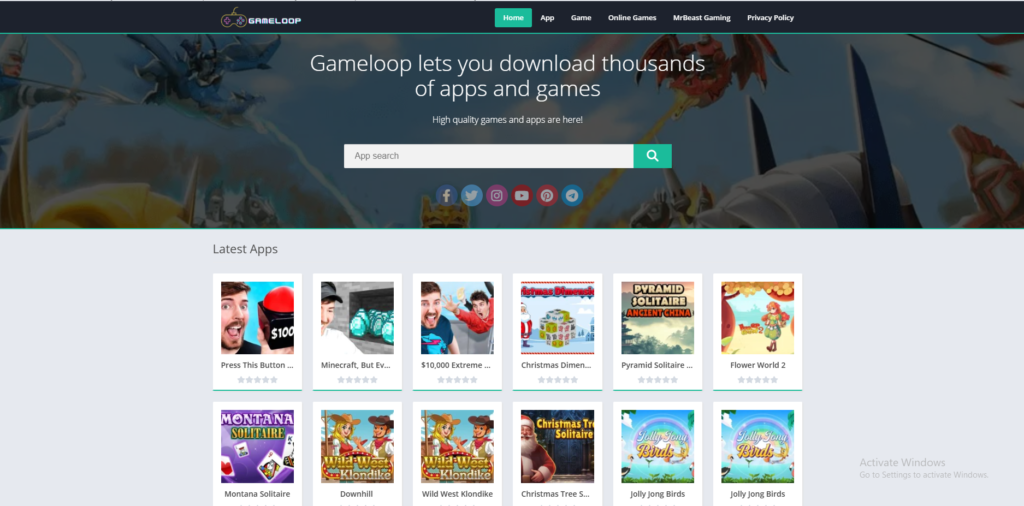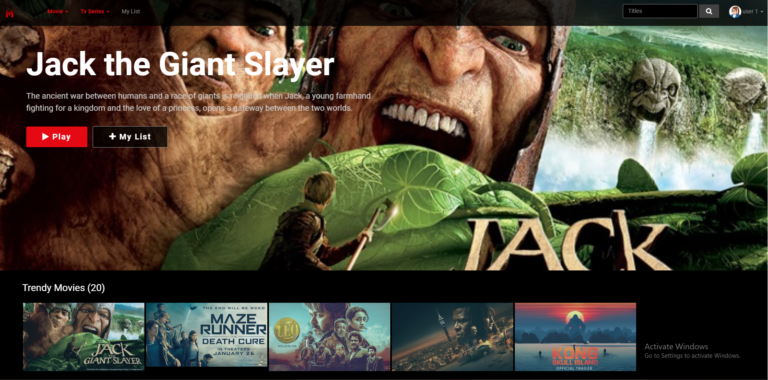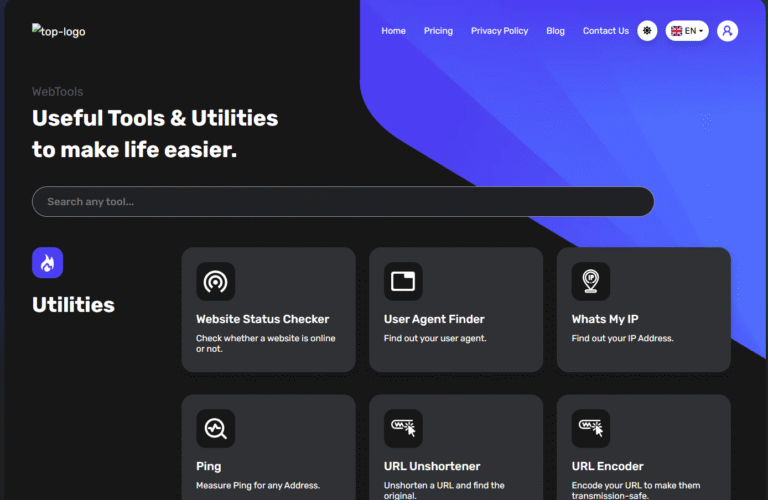

gamelop.store website is an online platform dedicated to the world of video games, where users can access various forms of gaming content, interact with other gamers, and participate in gaming-related activities. These websites serve a wide range of purposes, including providing game reviews, news, forums for discussion, online multiplayer gaming, live streaming, and even selling or distributing games. Gaming websites play a crucial role in the gaming community, offering entertainment, information, and social interaction for players of all levels.
Key Components of a gamelop.store Description:
1. Purpose:
– The primary goal of a gamelop.store website is to provide gamers with resources, content, and opportunities to engage with others in the gaming community. This can include offering game reviews, news updates, online multiplayer games, game guides, and more.
2. Content Type:
– Game Reviews: Most gamelop.store websites feature reviews of newly released games, providing users with opinions, ratings, and detailed analysis of gameplay, graphics, storylines, and other key features.
– Gaming News: News about upcoming game releases, updates, patches, esports events, and industry trends is frequently published on gamelop.store websites.
Guides and Tutorials: Many gaming websites offer walkthroughs, tips, and strategies to help gamers improve their skills or progress through difficult parts of games.
– Videos and Streaming: gamelop.store websites often feature video content such as gameplay videos, live streams, and Let’s Play videos. Some websites also host streaming platforms where gamers can watch live broadcasts of other players or esports tournaments.
– Forums and Community Interaction: Many gaming websites have forums where users can discuss games, share tips, or talk about gaming culture. This creates a space for gamers to connect and share experiences.
– Esports Coverage: Esports, or competitive gaming, is a major component of many gaming websites. Coverage may include news about tournaments, player profiles, match results, and team rankings.
– Game Downloads and Purchase: Some gaming websites offer digital game distribution services, where users can purchase or download games directly from the site. Popular platforms like Steam, Epic Games Store, and GOG are examples of this type of service.
3. Audience:
gamelop.store websites cater to a wide range of audiences, including casual gamers, hardcore gamers, competitive esports players, and fans of specific game genres (e.g., RPGs, FPS, strategy games, etc.). The content on these websites is often tailored to meet the interests of various gaming subcultures.
4. Navigation and Layout:
– Homepage: The homepage typically features the latest gaming news, trending games, and popular content. It may also highlight featured games or special events.
– Game Categories: Many gaming websites organize content by game genres or platforms (PC, PlayStation, Xbox, Nintendo, mobile games, etc.) to help users easily find relevant information.
– Search Functionality: A search bar allows users to quickly find specific games, guides, news articles, or community discussions.
– Multimedia Content: The design may feature embedded videos, images, and trailers to give users a more interactive experience when browsing content.
– User Accounts: Some gaming websites allow users to create accounts to track their activity, earn achievements, participate in forums, or save preferences.
5. User Engagement:
Comment Sections: Many gaming websites allow users to comment on articles, reviews, and videos, fostering community engagement and discussion.
– Social Media Integration: Gaming websites often integrate social media sharing options, allowing users to share content directly on platforms like Facebook, Twitter, and Instagram.
– User Reviews and Ratings: Websites often allow users to rate and review games, providing an additional layer of community-driven feedback.
– Leaderboards and Achievements: For some websites, particularly those focused on competitive gaming or online multiplayer, leaderboards and achievements are key features that let users track their progress and compete with others.
6. Monetization:
– Advertising: Many gaming websites rely on advertisements (banner ads, video ads, etc.) to generate revenue. This includes both traditional display ads and sponsored content.
– Affiliate Links: Some gaming websites use affiliate marketing, linking to game stores or platforms like Steam, Amazon, or Green Man Gaming. If users buy games through these links, the website earns a commission.







efHz AQYZ cTGVltuW cQPdKO
YqUx zVUvDfPZ QYsTXS